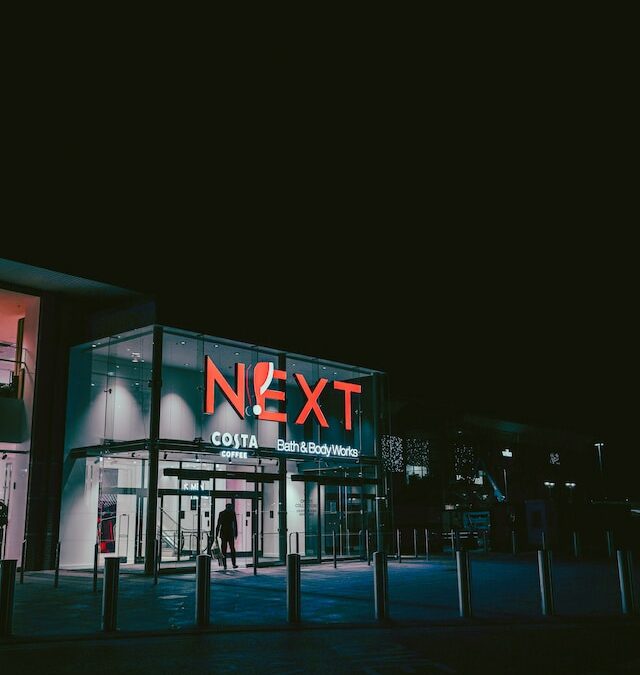
Managing Student Loans
December 12, 2023
Working For The Family Business
December 16, 2023Article by Jaspreet Bassi
What is the deal?
Next recently announced that it had acquired British lifestyle retailer FatFace. Next will hold 97% of the equity in the business, and FatFace’s management will hold 3%.
Next is a British multinational clothing, footwear and home products retailer. It operates from about 460 stores in the UK and Ireland and has an online presence in over 70 countries. FatFace is a British lifestyle brand that sells clothes, footwear, and accessories.
In the section below, I explore the benefits of this deal to both Next and FatFace and highlight a concern that this deal presents.
Why is this deal important?
Next has shown strong financials, where group sales jumped to £2.6bn for the HY and a 5.1% jump in operating profit to £456.4m. FatFace has also performed well as sales reached £282m, which is a significant increase since pre-pandemic. This demonstrates that the deal should produce immediate returns for Next without investing in significant additional resources. Moreover, the deal will enable Next to diversify its offerings, particularly strengthening its mid to upper-priced brand offering, which FatFace will likely provide. This will help save Next from tackling the challenges associated with entering this space organically, as costs are associated with market research, developing the products, and setting up distribution centres.
The deal will also enable Next and FatFace to increase their customer base. For example, Next will get many of FatFace’s customers on its online platform, where it can sell products, such as homewares, which FatFace does not currently sell. This is also beneficial for FatFace, where Next’s online platform, which provides global reach, will enable FatFace to offer its products on an international scale.
However, some have warned that similar deals could lead to consolidation of the high street. For example, Next is now known as Britain’s most prolific buyer of rival high street brands, which owns Cath Kidston, JoJo Maman Bebe, and Joules, and it recently upped its stake in premium high street retailer Reiss. This underlies the trend being seen in the high street of big companies buying up smaller brands that may homogenise the market.





